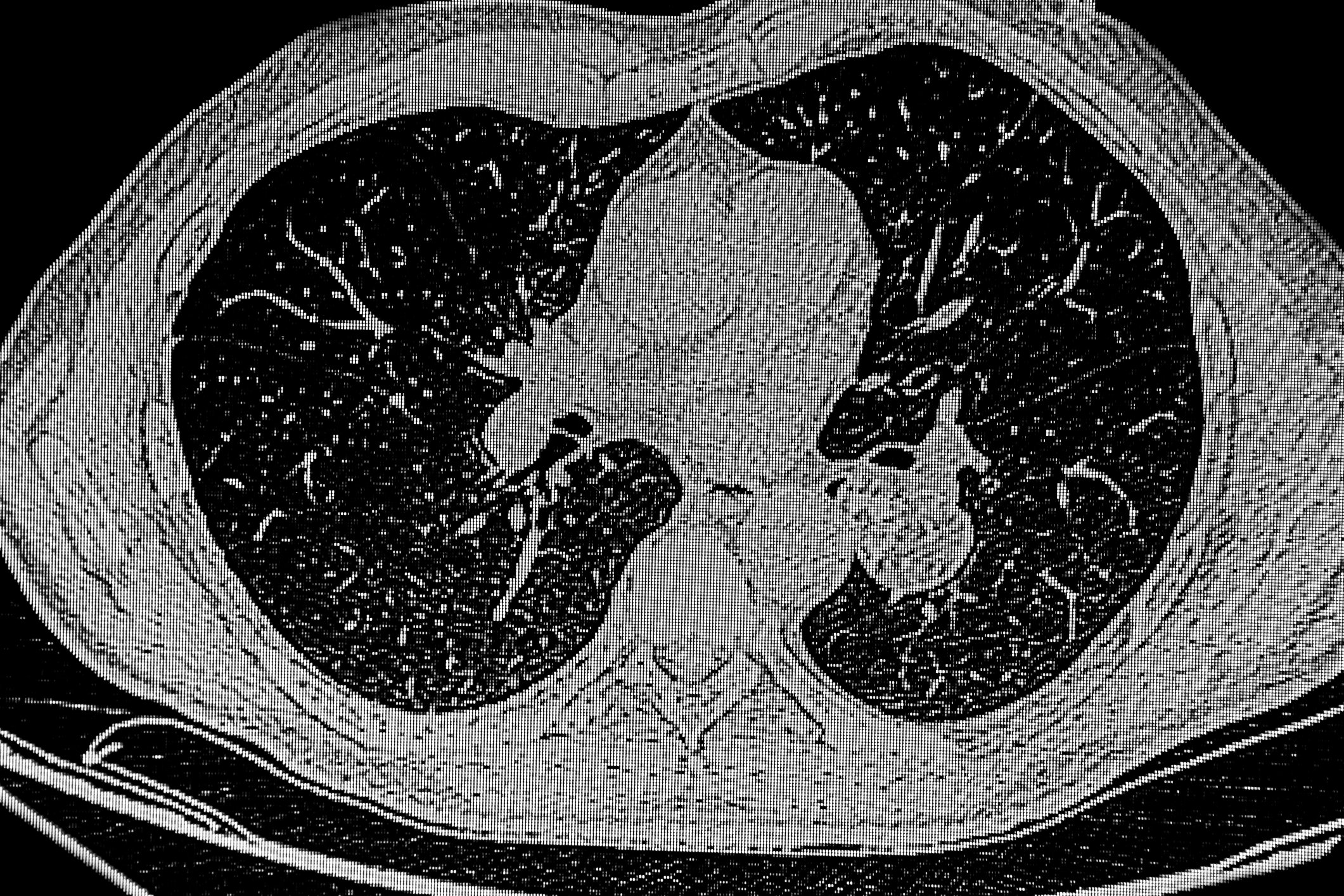There is a reciprocal relationship between elevated blood pressure and kidney disease. Therefore, consistent hypertension therapy is particularly important in the presence of impaired renal performance. This is because intensive blood pressure reduction prevents progression of kidney disease in patients with proteinuria. What target values should be envisaged?
Hypertension is a widespread phenomenon. It is estimated that one in three people over 50 and one in two people over 60 suffer from high blood pressure. Accordingly, the disease, with the resulting end-organ damage such as stroke, heart failure, myocardial infarction and renal failure, is one of the leading causes of death in industrialized nations. The kidney is involved in the regulation of blood pressure, among other things, through hormone and urine production. If it suffers damage, this has corresponding effects. Arterial hypertension often occurs as a result of renal disease. But elevated blood pressure can also have an impact on kidney function the other way around. Hypertension may result in renal damage or accelerate the progression of any renal disease. Renal disease is the most common secondary cause of hypertension, accounting for approximately 90%. Hypertension occurs in approximately 80% of patients with ESRD.
The main pathophysiological mechanisms responsible for renal hypertension are activation of the intrarenal renin-angiotensin-aldosterone system (RAAS) due to intrarenal ischemia, intrarenal sympathetic activation in the damaged kidneys, and sodium and water retention by the kidneys. Hypertension is the second most common reason patients need dialysis. The number of dialysis patients in Europe who are dependent on blood washing due to hypertension-related damage to the kidneys is around 10-19%. Therefore, the most important goal of treatment in hypertensive patients with renal insufficiency is to reduce the progression of renal insufficiency. In general, however, the direct consequences of hypertension, such as cerebral mass hemorrhage and left ventricular failure, and the indirect consequences, such as cerebrovascular insufficiency and CHD, should be prevented.
Consistent blood pressure reduction to low target values
In principle, countermeasures should be taken at an early stage in the event of hypertension. The blood pressure guideline of the European Societies of Hypertension and Cardiology (ESH/ESC) already advises the use of antihypertensive medication at values of 140/90 mmHg (tab. 1). If the blood pressure is not quite that high, lifestyle modification measures can be implemented to achieve the target value of 130/80 mmHg. These include, for example, limiting salt intake, limiting alcohol consumption, increasing vegetable intake, regulating body weight, and regular aerobic exercise. However, these values only apply to people with healthy kidneys.

Hypertensive patients with chronic renal insufficiency should achieve a target corridor of 120-130/70-80 mmHg. In case of pronounced proteinuria even 120/80 mmHg. This is because systolic blood pressure above 130 mmHg is associated with a significantly increased rate of progression to renal failure. Results of a combined study further showed that patients with intensive blood pressure lowering tended to have a lower incidence of needing dialysis. Intensive blood pressure control is also associated with lower mortality.
Dual combination already from the beginning
In the meantime, a fixed two-drug combination is already initially recommended for most hypertensive patients. First choice is ACE inhibitor or angiotensin receptor blocker plus calcium antagonist or diuretic or loop diuretic. If the two-drug combination is not sufficient to achieve the target values, the next step is the three-drug combination of ACE inhibitor or ARB with calcium channel blocker and diuretic (or loop diuretic). In resistant hypertension, an aldosterone antagonist such as spironolactone is then added. Beta-blockers can be added at any stage in comorbid coronary artery disease (CAD), heart failure, or atrial fibrillation (AF).
Further reading:
- https://era-edta-reg.org/files/annualreports/pdf/AnnRep2017.pdf (last call: 01.08.2020)
- www.swissnephrology.ch/media/srrqap/MedizinAktuell_2017_aktuelle_Erkenntnisse.pdf (last call: 01.08.2020)
- https://leitlinien.dgk.org/files/2019_Pocket_Leitlinie_Hypertonie_Version2018.pdf (last call: 01.08.2020)
- Ku E, Gassman J, Appel LJ, et al: BP Control and Long-Term Risk of ESRD and Mortality. J Am Soc Nephrol 2017; 28: 671-677.
- https://deutsch.medscape.com/artikelansicht/4907876#vp_2 (last call: 01.08.2020)
- www.stgag.ch/fachbereiche/kliniken-fuer-innere-medizin/klinik-fuer-innere-medizin-am-kantonsspital-frauenfeld/nephrologie/informationen-fuer-aerzte-und-zuweiser/antihypertensive-therapie-bei-nierenerkrankungen/ (last call: 01.08.2020)
CARDIOVASC 2020; 19(3): 19











